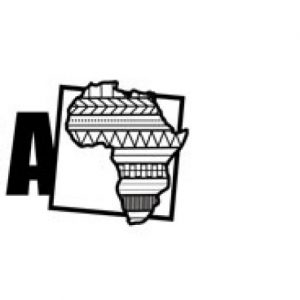The MyCiti bus company which operates a bus Integrated Rapid Transit (IRT) system in Cape Town is set to introduce 11 electric buses to its fleet by the end of 2017. According to Commissioner Melissa Whitehead of the city’s Transport and Urban Development Authority the e-buses will start operating at the end of this year or early in 2018.
BYD, a green energy Chinese company, will supply the buses along with charging stations for the buses, spare parts and replacement batteries when required. In addition, the company will also put in place data management systems and fleet maintenance services as well as provide technical support, training for the bus drivers and technical staff.
The City of Cape Town is providing financing to the tune of R126m for the acquisition of the e-buses in a three-year deal with BYD.
The deal has set conditions, with one requiring that the buses be assembled in Blackheath, Cape Town. The contractor will also employ local staff and suppliers who will learn new skills as electric buses have never been assembled in Cape Town before.
Founded in 1995, BYD, which is a listed company on the Hong Kong Stock Exchange and Shenzhen Stock Exchange, is involved in a number of businesses including manufacture of electric vehicles. The company has to date supplied electric vehicles and buses to many markets around the world.
On their website, MyCiti explains that: “The aim of the pilot is to test whether electric-powered buses are a suitable alternative to the current MyCiTi fleet. Cape Town is the first municipality in the country to make use of electricity as an alternative fuel option for buses. Passengers can also expect a quieter ride as electric bus motors are quieter than diesel engines.”
Commissioner Whitehead also added that: “In addition, the city will also test the overall lifecycle cost – including procurement, operation and maintenance – of electric buses, which are said to be half of that of diesel buses.”
Ten of the e-buses will operate on Cape Town’s roads with a requirement that they travel at least 250km in normal city traffic before recharging of batteries. The eleventh bus is to be loaned to the city of Windhoek to test the viability of e-buses in that city.
Whitehead also pointed out that the City of Cape Town is in talks with other Southern African countries to ascertain their interest or need for e-buses.
Should there be demand for e-buses within the region, this could inform decisions to the setting up of an electric bus factory, most likely in Cape Town’s Atlantis Green Technology Industrial Park.
Speaking to Cape Town executive mayor Patricia de Lille at the C40 Mayors Summit in Mexico in November last year, BYD chairperson Chuanfu Wang said: “BYD is really glad to collaborate with a leading city like Cape Town in your climate action efforts. In the near future we are planning to establish a local production plant for our electric buses in Cape Town. This is not only to help protect the environment, but will also provide jobs to people in Cape Town.”
In order to offset the electricity consumed by the electric buses, which is largely coal-generated, the City of Cape Town also aims to install solar power at some of its bus and maintenance depots, as well as bus stations.








